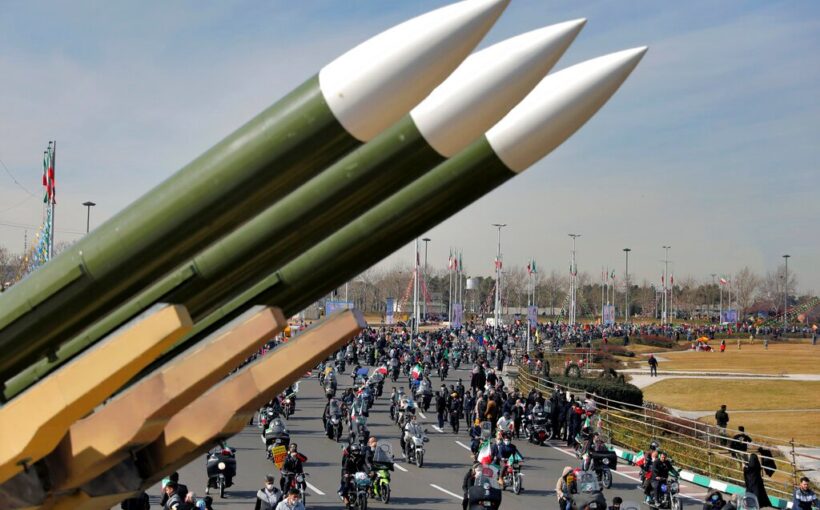Fears of an escalation of the fighting in the Middle East following Iran’s attack on Israel are prompting European leaders to take protective measures.
French Foreign Minister Stéphane Séjourné on Sunday issued a statement recommending that French nationals living in Iran “temporarily leave the country.” The German Foreign Office has asked its citizens to do the same.
“Due to the new level reached overnight by Iran and the risk of military escalation, the French embassy recommends to French residents in Iran who have the possibility, depending on the resumption of international air traffic, to leave the country temporarily,” a note from the French foreign ministry said.
It also restated that French citizens should “absolutely refrain from traveling to Iran, Lebanon, Israel and Palestine.”
Meanwhile, German airline Lufthansa on Sunday announced it won’t be conducting any flights to Amman, Erbil and Tel Aviv until Tuesday and flights to Beirut and Tehran until Thursday at the soonest. The announcement comes after the airline had already suspended flights to Tehran last Wednesday, bracing for the prospect of an Iranian retaliation against Israel following a deadly strike on the Iran’s embassy in Syria.
U.N. Secretary-General António Guterres asked for “an immediate cessation” of the hostilities, adding that “neither the region nor the world can afford another war.”
Adding to pleas for avoiding an escalation of the conflict, Pope Francis warned against entering “a spiral of violence” that risked exacerbating the Middle East conflict. “Enough war, enough attacks, enough violence. Yes to dialogue, yes to peace,” he told the crowd gathered in Saint Peter’s Square.
Italian Prime Minister Giorgia Meloni said G7 leaders will hold a videoconference Sunday afternoon to coordinate a united response to Tehran’s revenge attack on Israel. Iran launched more than 300 missiles and drones against Israel overnight, but 99 percent of them were intercepted, the Israeli military said.


